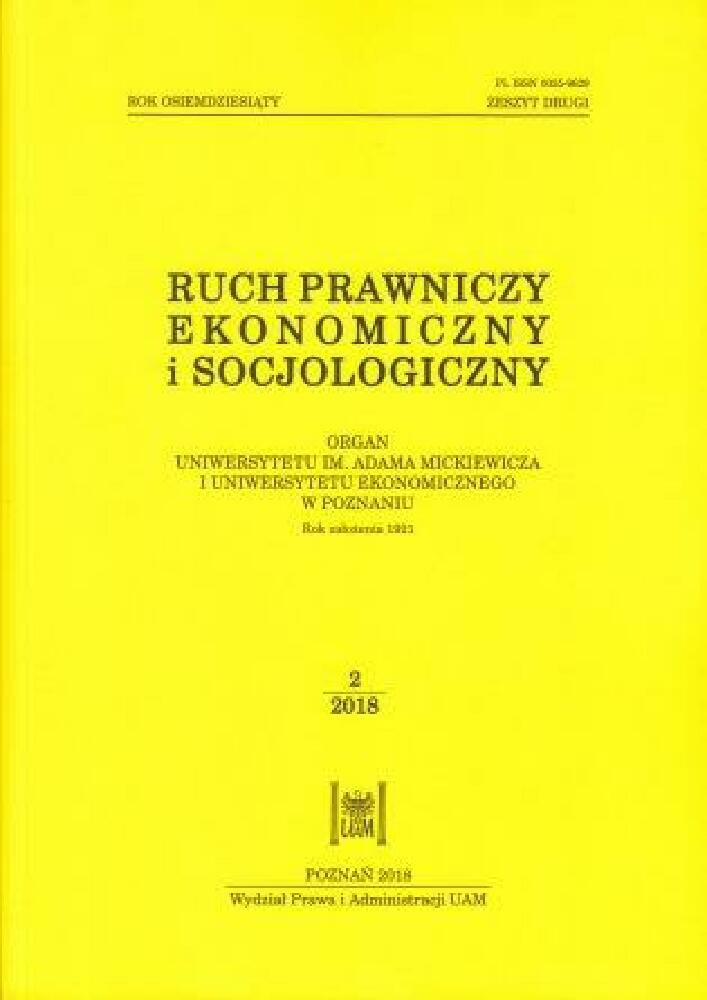Abstract
The international community faces a fragmented and transnational epidemiological threat, the severity and extent of which currently require an unprecedented level of intervention. Over the centuries, mankind has been confronted with a variety of epidemics that have always required a comprehensive action at the international level. According to the UN Security Council, the outbreak of the Ebola virus at the end of 2013 poses a particular threat to international peace and security, as the peace-building and development achievements of the countries most affected by the epidemic are jeopardised and may end in vain or be lost altogether. This in turn undermines the stability of the countries most affected. If the disease is not brought under control, this situation might lead to a new unrest and social tensions, and worsening of the political climate, or stigmatisation and a higher sense of uncertainty in the region. The resolution adopted by the UN Security Council on this matter has a historic dimension, as it has for the first time classified a public health problem as a threat to international peace and security. This happened despite the fact that international mobilisation had been delayed by several months, despite the obvious urgent need for action.Funding
Faculty of Law and Administration of Adam Mickiewicz University
Poznań
References
B. Boutros Ghali, Agenda pour la paix, UN Doc. A/47/277 (17 juin 1992).
Balmond, L. (2012), Gouvernance globale et sécurité collective, les profils d’une convergence, [w:] Arcari, M., Balmond, L. (eds.), Global Governance and the Challenges of Collective Security, Naples: 3–22.
Burci, G.L., Quirin, J. (2014), Ebola, WHO, and the United Nations: Convergence of Global Public Health and International Peace and Security, 18 ASIL Insights.
Combacau, J. (1974), Le pouvoir de sanction de l’ONU. Etude théorique de la coercition non militaire, Paris.
Condorelli, L. (2001), Les attentats du 11 septembre 2011 et leurs suites: où va le droit international?, Revue Générale de Droit International Publics 105.
d’Argent, P. et al. (2005), Article 39, [w:] Cot, J.-P., Pellet, A., Forteau, M. (éd.), Commentaire de la Charte des Nations Unies article par article, 3e éd., Paris.
David, C.-P., Rioux, J.-F. (2002), Le concept de sécurité humaine, [w:] Rioux, J.-F. (éd.), La sécurité humaine, une nouvelle conception des relations internationales, Paris.
Dictionnaire de droit international public, Bruxelles 2001.
Dunoff, J.-L., Trachtman, J.-P. (eds.), (2009) Ruling the World? Constitutionnalism, International Law and Global Governance, Cambridge.
Dupuy, P.-M. (1991), Après la guerre du golfe, Revue Générale de Droit International Public 95.
Dupuy, P.-M., Kerbrat, Y. (2014), Droit international public, 12e éd, Dalloz.
Kamto, M. (2013), Droit international de la gouvernance, Paris 2013.
Karska, E. (red.) (2015), Globalne problemy ochrony praw człowieka, Warszawa 2015.
Kasprzyk, L. (2006), Rozwój ekonomiczny – nadzieją na wyrównanie szans, [w:] Symonides, J. (red.), Organizacja Narodów Zjednoczonych. Bilans i perspektywy, Warszawa: 245–261.
Kolb, R. (2005), Le droit relatif au maintien de la paix et de la sécurité internationales, évolution historique, valeurs fondatrices et tendances actuelles, Paris.
Moreau-Defarges, J.-M. (2003), La gouvernance, Paris.
Pooter, H. De (2013), Le droit international face aux pandémies: vers un système de sécurité sanitaire collective?, maszynopis doktoratu, Paris.
Rotfeld, A.D. (2000), The Role of the International Community, [w:] Plattner, M.F., Smolar, A. (eds.), Globalisation, Power and Democracy, Baltimore–London: 83–96.
Sandorski, J. (2002), Międzynarodowa ochrona praw człowieka a HIV/AIDS, Poznań.
Sorel, J.-M. (1995), L’élargissement de la notion de menace contre la paix, [w:] Le Chapitre VII de la Charte des Nations Unies, Paris.
Szurek, S. (2005), La lutte internationale contre le terrorisme sous l’empire du Chapitre VII un laboratoire normatif, Revue Générale de Droit International Public 109.
License
Copyright (c) 2018 WPiA UAM

This work is licensed under a Creative Commons Attribution-NonCommercial-NoDerivatives 4.0 International License.





